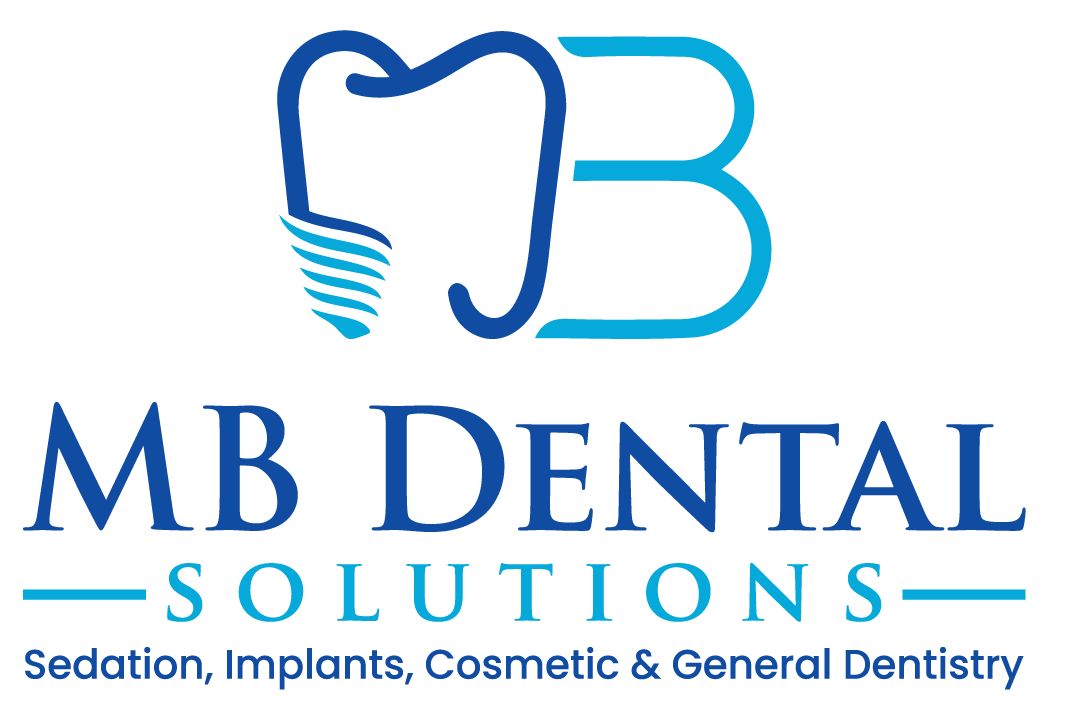As dependence sets in, light beers turn into hard liquors, and enjoyment turns to necessity. It is normal for many people to have a glass of wine with dinner, while out with friends, and at celebrations like weddings. When people think of addictive drugs, they often think that the most potent ones are the most addictive. While this is true when it comes to stimulants like methamphetamine or opioids like heroin, the same cannot be said for alcohol.
- Moderate wine consumption enhances mood and overall well-being thanks to specific compounds that stimulate the release of endorphins, the body’s natural feel-good chemicals.
- When you start to consume more than moderate amounts, your drinking habit is characterized as binging.
- Remember, the journey of overcoming wine addiction can be difficult, but with the right support and treatment, recovery is possible.
- Not every “wine mom” has or will develop a problem with drinking, but it happened to me.
- One of these is an addiction, and that can lead to many more issues.
- Believing that problems with alcohol only happen to certain people who are ‘alcoholics’ or ‘addicts’ can be a convenient way to brush aside what may be quite serious alcohol issues in our own lives.
Most Addictive Alcohol Types
Regular and excessive wine consumption can increase blood pressure, straining the cardiovascular system and raising the risk of heart disease and other cardiovascular diseases. Recognizing the signs and symptoms of wine addiction is crucial for early intervention. Treatment options, such as therapy and support groups, can help individuals manage and overcome wine addiction.

The Different Types of Alcohol
Many wine drinkers seclude their wine habit in the evening when they are free to sit back and enjoy a glass of wine with dinner or a movie. But if you have started to create an addiction to wine, you may struggle to keep it in that evening time slot. It addicted to wine is essential to be aware of these factors and the impact of alcohol consumption on your health. Moderate and responsible drinking can help prevent addiction and its related health risks. Alcohol addiction can also be connected to mental health issues, as some people turn to alcohol to cope with the side effects of their conditions. Withdrawal symptoms, such as tremors, seizures, anxiety, nausea, depression, and insomnia, make quitting alcohol more challenging.
Consequences of Drinking Too Much Wine
For professional addiction treatment in Lake Forest, Orange County, CA, contact Zoe Behavioral Health. Our alcohol addiction treatment programs offer a comprehensive approach to treat your alcohol use disorder safely and comfortably. Thus, when you’re addicted to wine, you’re more likely to engage in dangerous behaviors. Every day, people struggling with addiction to wine find their way back to health, happiness, and purpose.
G’day, you’re at the best wine blog ever! We’re all about wine; without the wankery.

This can make it easier for individuals to consume drastically more alcohol in a very short period of time. Wine is made from fermented grapes and is often paired with a specific type of food or meal at social events. In contrast to beer, the typical serving size of wine is 5 fluid ounces and contains about 12% alcohol. Finally many drinkers believe non alcoholic wine can´t replicate the same complex flavours and aromas found in regular wines. But we´ve seen significant improvements in winemaking techniques meaning there are now non-alcoholic wines that boast a flavor profile nearly indistinguishable from their alcoholic counterparts.
- However, repeated and excessive consumption can alter brain chemistry, increasing the risk of tolerance, dependence, and, eventually, addiction.
- Prolonged and heavy drinking often results in conditions such as liver disease, cardiovascular issues, and neurological damage.
- After suffering from the use and neglect that often come with an alcohol addiction, a body needs healing.
- If you drink many highly concentrated shots quickly while in an ecstatic state, it can appear to be.
- There is no shame in seeking help for addiction, and there is an abundance of resources available.
- Over time, your body begins to crave the substance, and it takes more and more wine for you to feel the same effects.
- Wine is often thought of as a classy drink, something to be tasted, sipped and enjoyed over dinner.
- We cannot guarantee payment or verification eligibility as conveyed by your health insurance provider will be accurate and complete.
- If you can’t enjoy a party where the Merlot isn’t pouring freely and a dry dinner with friends seems agonizing, your wine habit may be an addiction.
- BetterHelp can connect you to an addiction and mental health counselor.
Recovery from alcohol addiction is tough, but you don’t need to go through it alone. Professional treatment offers expert guidance and crucial support for overcoming physical and mental challenges. The body, meanwhile, develops a tolerance to alcohol as it strives to regain equilibrium in response to regular drinking. As tolerance builds, an Sober living home individual may need more alcohol to achieve the same effects, increasing their risk of becoming physically dependent on alcohol. When this happens, you may find yourself needing to continue using alcohol to avoid withdrawal symptoms, a phenomenon known as dependence. Over time, you may develop tolerance, requiring more of the substance to achieve the same effect.
Clinical Care
At Covenant Hills, the dedicated staff understand the emotional and physical toll alcohol abuse can have on the mind, body, and spirit. In addition to the multiple negative physical consequences of prolonged alcohol abuse, individuals who abuse beer, wine, or liquor may also have a co-occurring disorder such as depression, PTSD, or anxiety. Psychological addiction to non-alcoholic wine is theoretically possible but highly unlikely. Unlike substances such as nicotine or caffeine, non-alcoholic wine lacks the compounds known to induce strong psychological cravings.
What Are the Long-Term Effects of Alcohol on the Body?
Our writers and reviewers are experienced professionals in medicine, addiction treatment, and healthcare. AddictionResource fact-checks all the information before publishing and uses only credible and trusted sources when citing any medical data. Wine is often thought of as a classy drink, something to be tasted, sipped and enjoyed over dinner. But like other alcohols, too much can lead to a wine addiction and as many potential health consequences as any other drink. Because of this, those who consume liquor may consume more in one sitting, as the “doses” are much smaller.

There are many different types of wine, each made from a different variety of https://ecosoberhouse.com/ grape and yeast strains. The yeast in the wine consumes the sugars to produce ethanol, which is the active ingredient in alcohol. Treatment for wine addiction is available, and it is important to seek help if you or someone you know is struggling with a wine addiction. Treatment for wine addiction typically includes counseling, support groups, and medication.
